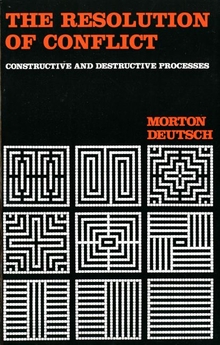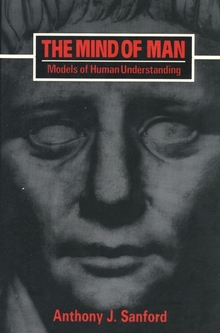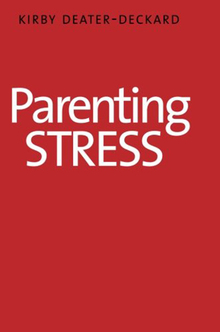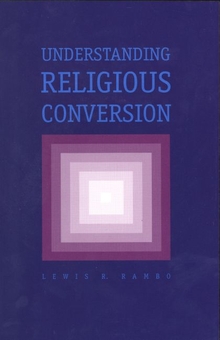The Resolution of Conflict
WARNING
You are viewing an older version of the Yalebooks website. Please visit out new website with more updated information and a better user experience: https://www.yalebooks.com
Constructive and Destructive Processes
Morton Deutsch
“In a series of theoretical essays and research papers, Professor Deutsch examines conflict situations in conditions where there is a mixture of co-operative and competitive interests among the parties in dispute. . . . His concern is not how to eliminate conflict or to define conditions of justice, but how to minimize the destructive potential of conflict or manipulate it in a “productive” direction. There is hence a bias towards minimal order and a kind of ethical neutrality in his judgment. This approach is clearly written and argued.”—Virginia Quarterly Review
“Morton Deutsch’s new book represents a systematic and thorough job on the topic of resolution of conflict. He has taken his own work over the years and re-cast it nicely in terms of his present framework. Additionally, he has drawn from others’ relevant research but has integrated it into his framework. The propositions developed not only summarize the research findings, but they point up new hypotheses that might be tested in future work.”—Chris Argyris, Harvard University
“An area of study within the social sciences reaches maturity when a close interrelationship exists between its theories, empirical research, and application in policy or practice. This book by Morton Deutsch provides a valuable but sobering step in moving the study of conflict resolution toward this end. It is a valuable contribution because it provides a comprehensive integration of existing knowledge about the dynamics of conflict, cooperation, and conflict resolution. It is sobering because it points out all too vividly how little theory or empirical evidence is available to guide either policy or practice.”—Administrative Science Quarterly
“Professor Deutsch has certainly done us a service not only by synthesizing the literature on all levels of conflict and offering various research designs for the study of conflict resolution, but also by systematically setting up propositions about how to successfully regulate the resolution of conflict regardless of the units involved. . . . Thus, Professor Deutsch has made a substantial contribution not only to conflict theory, but also to the practical problems of conflict resolution.”—Sociology
“Morton Deutsch opens up conflict situations to expose seeds of cooperation that lie within. . . . Deutsch’s basic question is: Under what conditions will participants evolve cooperative or competitive relationships in situations permitting either? . . . Deutsch has provided a hard-headed, fruitful examination of conflict at interpersonal, intrapersonal, and intergroup levels that posits testable propositions telling how to transform destructive conflict into cooperation, how to use third parties in the process, and how to compete more effectively from a relatively weak position.”—The Annals
"This book is well written and the author's style is congenial. Clinicians will find the third section to be a most profitable one; others may delight in all of the book."—American Journal of Psychiatry
“The book, which makes a major contribution to its field, consists of a collection of . . . essays and research reports on such topics as intergroup conflict, the impact of threats on bargaining, group formation, strategies for inducing cooperation, the dynamics of escalatory spirals, and conflict regulation.”—Contemporary Psychology
“The experimental study of games remains a flourishing enterprise, and the promising title of this book indicates why: it is possible to investigate socially important psychological issues in a manageable way. . . . No person can read the experimental evidence cited here without some consequence for his behaviour in conflicts of interest. . . . A welcome addition to the literature.”—British Journal of Psychology
Publication Date: September 10, 1977








